If you’re passionate about yoga and looking to deepen your knowledge or build a professional path, a Yoga Teacher Training (YTT) course is the next logical step. Whether you're just starting out with yoga or already certified as an instructor, knowing the difference between a 200 hour vs 300 hour YTT will assist in the right direction for you.
This blog will assist you in navigating the 200 hour yoga teacher training course and the subsequent more advanced course, the 300 hour course, helps you to make an informed decision. Let us discuss what both of these courses involve, to whom they're best suited, and how they contribute to your growth as a yogi and a teacher.
What is a 200 Hour Yoga Teacher Training?
This is the most basic of the certifications which someone who aspires to teach yoga must first earn. Yoga Alliance recognizes the certification and provides a stepping-stone into becoming a professional yoga instructor.
Who Should Join a 300 Hour YTT?
- Beginners and yoga students: If you are a new yoga student or have done only short courses such as 50-hour pranayama or Yin Yoga workshops, the 200 hrs program is for you.
- Prospective yoga teachers: Having a 200 hour course from a Registered Yoga School (RYS) enables you to register as an RYT-200 (Registered Yoga Teacher) and can teach yoga all over the world.
- Yoga practitioners who want depth: This training exposes you to yoga history, philosophy, basic asanas, breathing (Pranayama), and meditation.
- Individuals who want to enhance their physical practice: Regardless of whether you've been practicing yoga regularly or not, this course deepens your asana understanding, exposes you to advanced variations, and refines alignment and posture.
- Individuals seeking personal growth: Beyond the physical, this course offers emotional and spiritual expansion through teachings on the Eight Limbs of Yoga, Pancha Koshas, Chakras, and Nadis.
What You’ll Learn in a 200 Hour YTT?
- Introduction to Hatha and Ashtanga yoga
- Basic and intermediate yoga postures
- Pranayama and meditation techniques
- Teaching methodology and sequencing
- Anatomy and physiology fundamentals
- Yogic philosophy and ethics
- Introduction to Ayurveda and yogic diet.
This training is like your bachelor’s degree in yoga. It sets the groundwork for everything else to come. Once completed, you’ll be certified to teach, but more importantly, you’ll walk away with a solid foundation in yogic knowledge.
What is a 300 Hour Yoga Teacher Training?
If the 200 hour course is your undergraduate degree, then the 300 hour yoga teacher training is your master’s. The 300 hr yoga teacher training is designed for those who already hold a 200-hour certificate and wish to go deeper, both in knowledge and practice.
Who Should Join a 300 Hour YTT?
- Certified yoga teachers (RYT-200): If you’re already teaching yoga and want to upgrade your skill set, this is your next step.
- Devoted yoga students: If you're interested in delving deep into higher yogic philosophy, sequencing, and personal growth, this training is perfect.
- Individuals wanting RYT-500 status: Taking a 300 hr YTT after your 200 hour allows you to register as a RYT-500, a qualification that's recognized around the world.
- Yoga professionals who wish to specialize: This course frequently enables you to specialize in advanced topics such as yoga therapy, Ayurveda, or particular styles such as Vinyasa or Kundalini.
- Individuals want a full yogic lifestyle: If you’ve completed your 200 hr training but feel out of touch with yoga in your daily life, this immersive training helps re-integrate yoga into every aspect of living.
What You’ll Learn in a 300 Hours YTT?
- Advanced asana practice and alignment
- Complex sequencing and adjustments
- In-depth yoga anatomy and physiology
- Advanced Pranayama, Bandhas, and Kriyas
- Philosophy: Upanishads, Bhagavad Gita, Patanjali’s Sutras
- Teaching multi-level and therapeutic yoga
- Mastery of meditation and deeper self-reflection
This is a more rigorous and intense program than the 200 hour one. It requires greater discipline and commitment, but it pays you back with a deep transformation—in body, mind, and spirit.
Key Differences Between 200 Hour and 300 Hour YTT
It's important to understand the distinction between a 200 hour vs 300 hour YTT if you're intending to become a certified yoga teacher or wish to intensify your yoga practice. The following is a summary of the main differences between the two:
Eligibility Criteria
- Anyone can attend a 200 hour yoga teacher training – beginners, frequent practitioners, or even people who have no experience with yoga at all. No prior certification is needed.
- A 300 hours yoga teacher training, however, is a higher-level course. You need to finish a 200 hour yoga teacher training program first. It is meant for those who are already RYT-200 certified.
Depth of Learning and Practice
- The 200 hours training is all about establishing the foundation of your yoga journey. It exposes you to yoga philosophy, postures, anatomy, teaching methodology, and breathwork.
- The 300 hours yoga course delves deeper. It sharpens your skills, teaches more advanced asanas and sequences, and delves into deeper anatomy, yogic philosophy, and teaching methodologies.
Certification and Recognition
- Upon finishing a yoga teacher training 200 hours, you can become an RYT-200 with Yoga Alliance and start teaching yoga professionally.
- Graduating from a 300 hours yoga teacher training upgrade your level to RYT-500, the very much wanted title in yoga that denotes comprehensive knowledge and years of experience.
Curriculum and Depth of Study
- 200 hour YTT is all the basics beginner to intermediate asanas, meditation, pranayama technique, the Eight Limbs of Yoga, and a glimpse at the chakras.
- The 300hr yoga teacher training provides more in-depth study of yogic philosophy (such as the Bhagavad Gita or Yoga Sutras), Ayurveda, advanced sequencing, therapeutic yoga, and spiritual practices such as mantra chanting and Yoga Nidra.
Course Duration
- A 200-hour course generally lasts for 3–4 weeks when conducted intensively at a residential yoga school, or over a period of several months in part-time formats.
- A 300-hour program usually spans 4–5 weeks in full-time formats, with longer daily schedules and more rigorous sessions to accommodate the deeper curriculum.
Teaching Confidence and Experience
- After completing a 200-hour yoga teacher training, you’ll be equipped to start teaching, but you may still need time to build experience and confidence.
- A 300 hour teacher training in yoga not only enhances your teaching abilities but also familiarizes you with specialties such as yoga therapy, adjustments, and teaching special populations.
Objective of the Course
- The objective of a 200-hour teacher training is to guide you to start teaching safely and confidently and build a solid personal practice.
- The aim of a 300-hour YTT is to increase your teaching capacity, specialize in your areas of interest (such as Yin, Hatha, or Ashtanga), and turn yoga into a lifestyle and not just a practice.
Which One Should You Choose?
If you are new to yoga or still exploring your personal practice, start with the yoga teacher training 200-hour course. It provides a comprehensive introduction to all the core elements of yoga, regardless of whether you want to teach or simply deepen your knowledge as an earnest practitioner.
If you've already taken your 200-hour training and want to take your yoga teaching to the next level, then a 300 yoga teacher training is for you. You'll explore deeper postures, become more familiar with the subtle body, learn how to teach students at every level, and develop a yogic way of life.
Final Thoughts
Both 200-hour and 300-hour yoga teacher training experiences provide transformative experiences. Whether you're starting fresh or ready to further your journey, each level offers its own merit. The yoga journey is a never-ending one, and each training has the effect of stripping away another layer of understanding, moving you closer to the real you.
At Om Shanti Om Yoga, we teach both 200-hour YTT and 300 hours YTT courses in the peaceful environment of Rishikesh, which is the world yoga capital. With skilled tutors, ancient heritage, and an inclusive atmosphere, we are present here to help you on all aspects of your yoga journey.









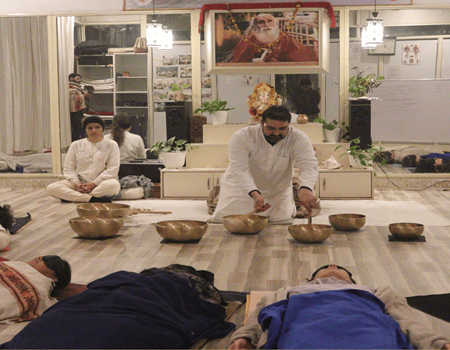

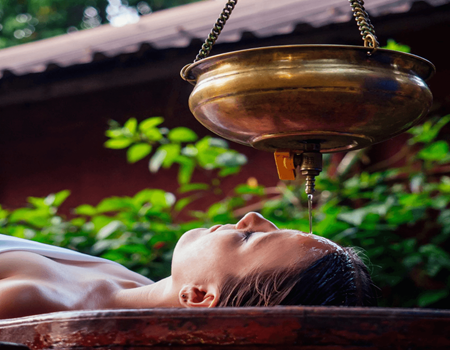
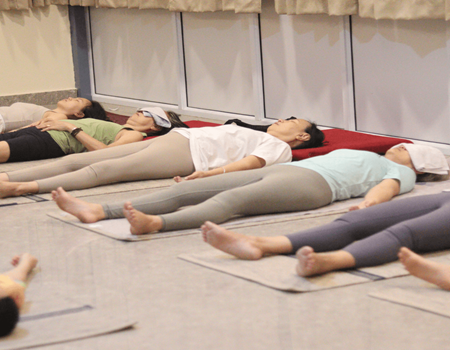
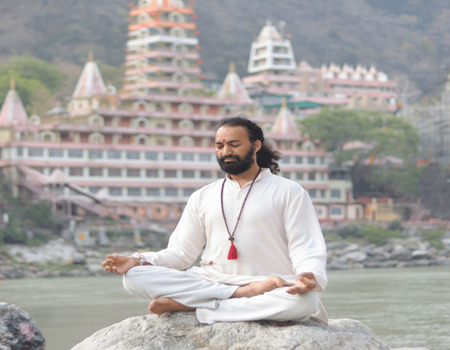
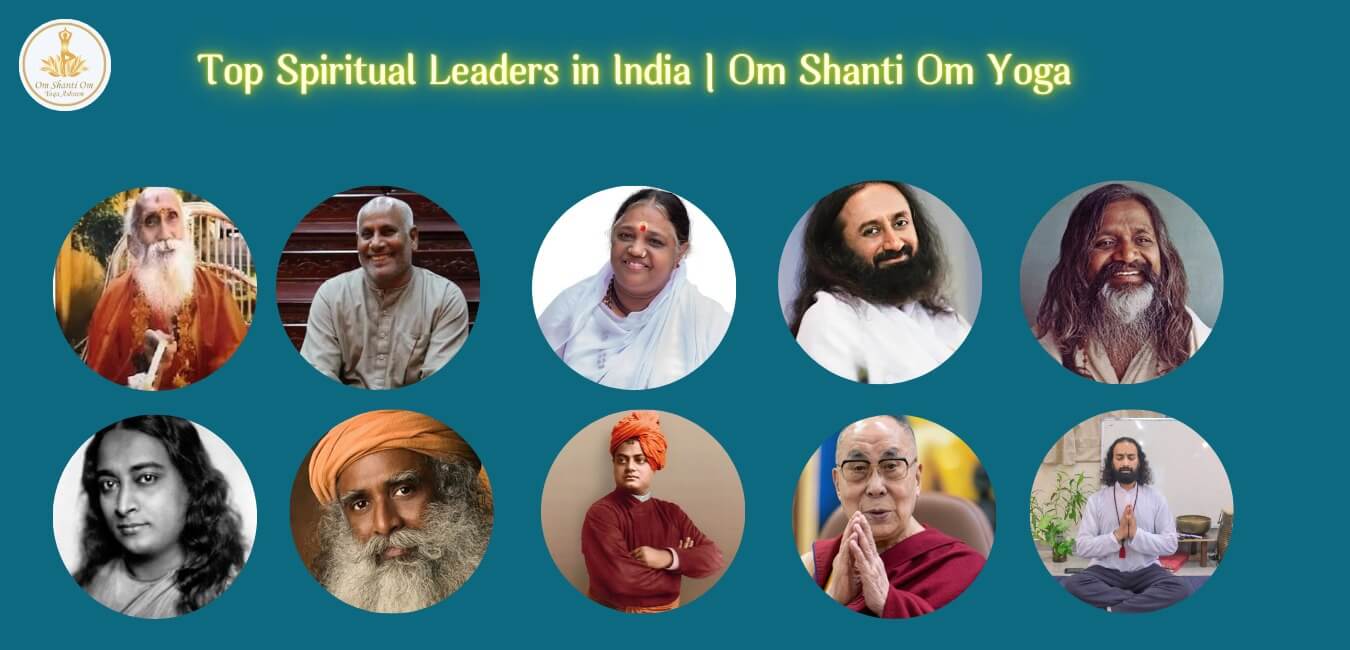

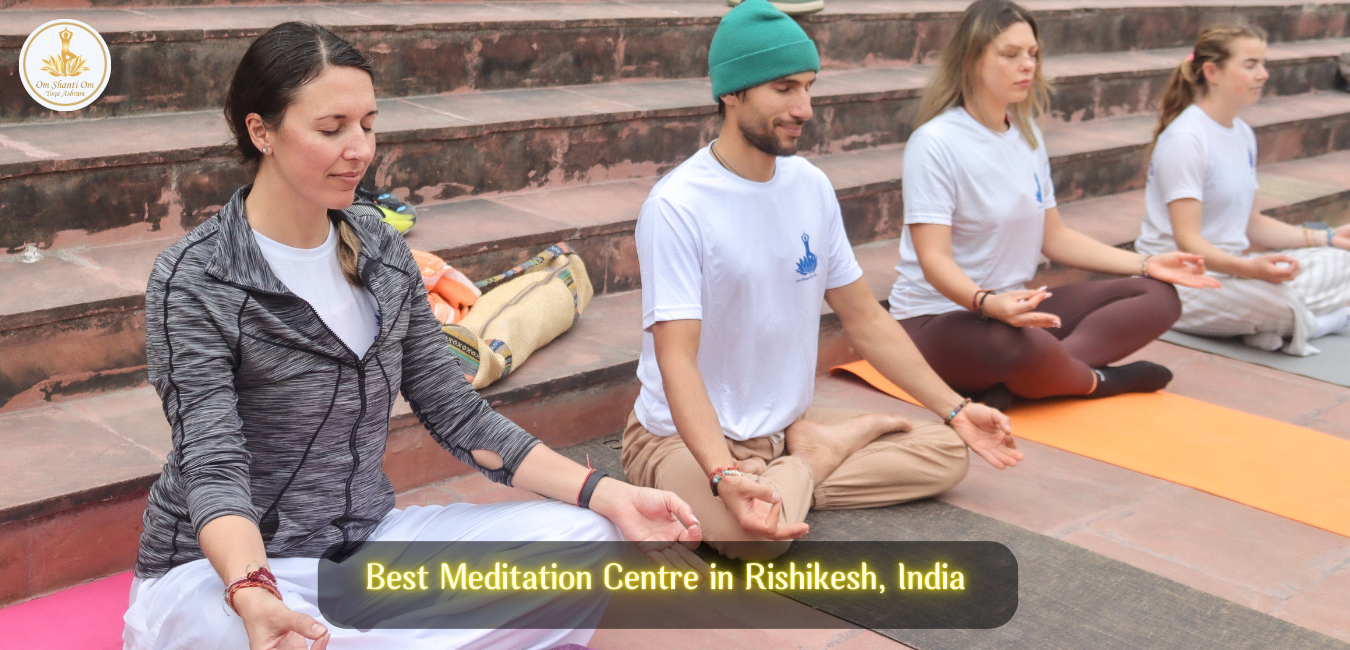

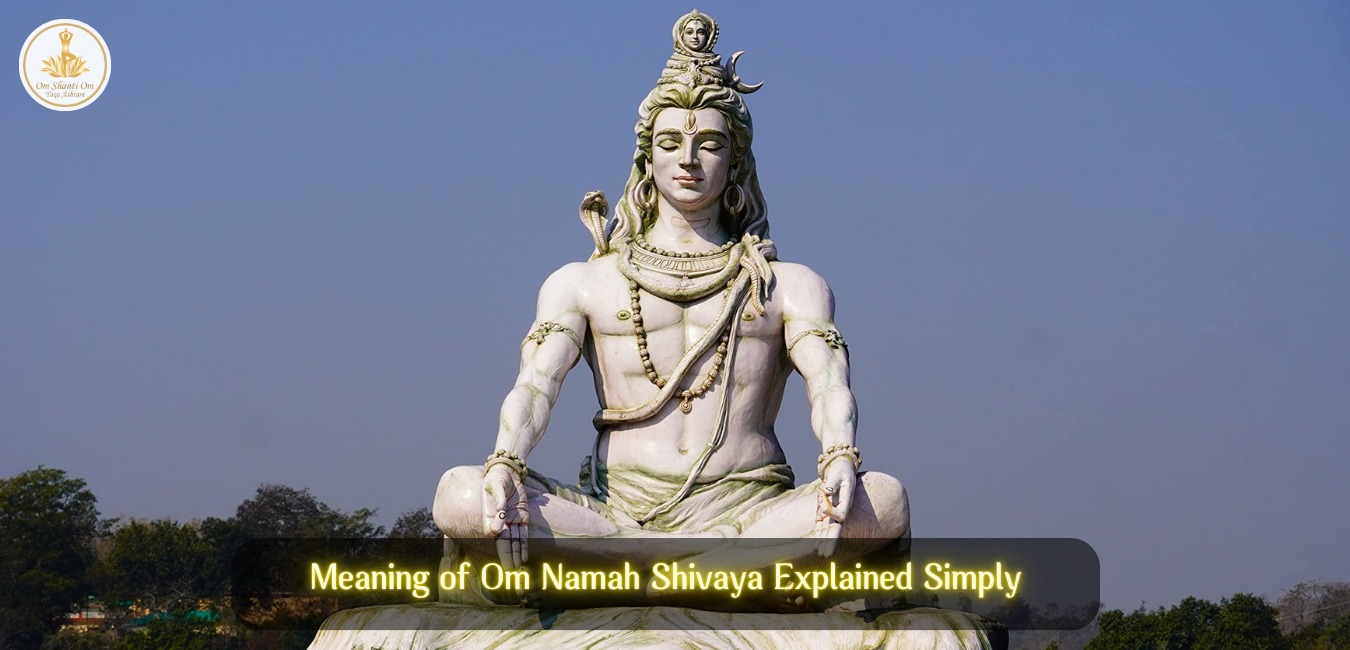
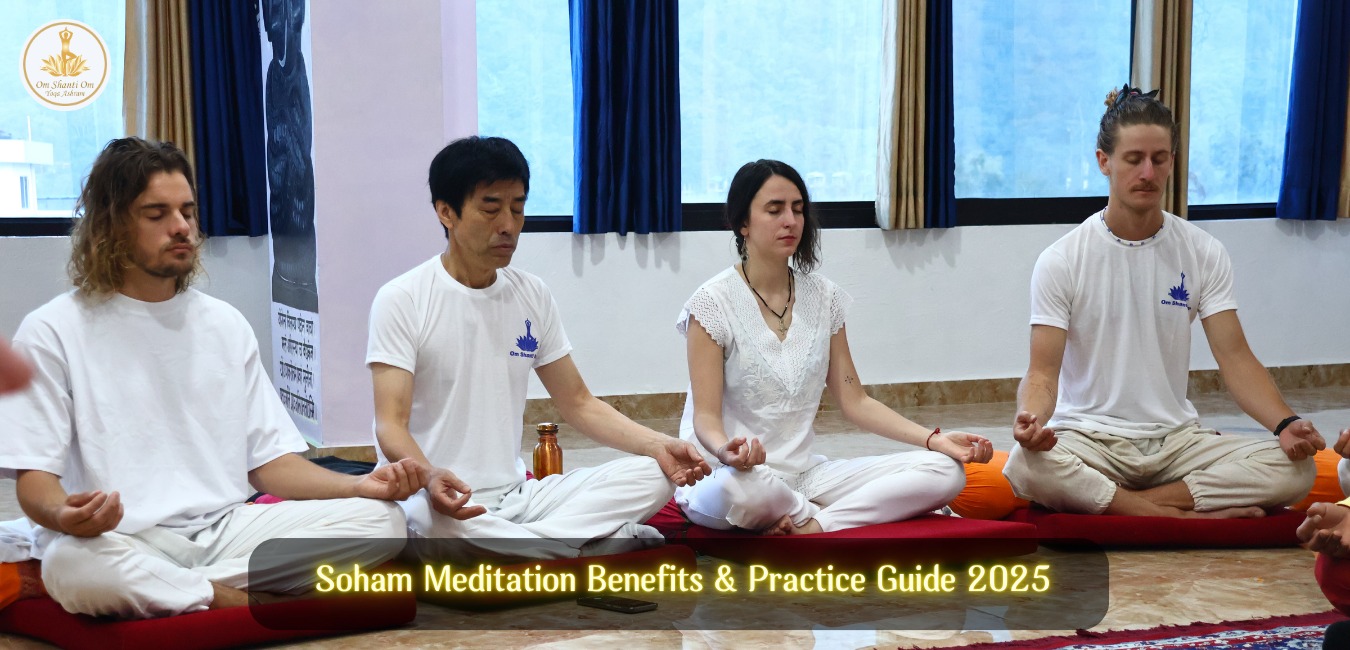


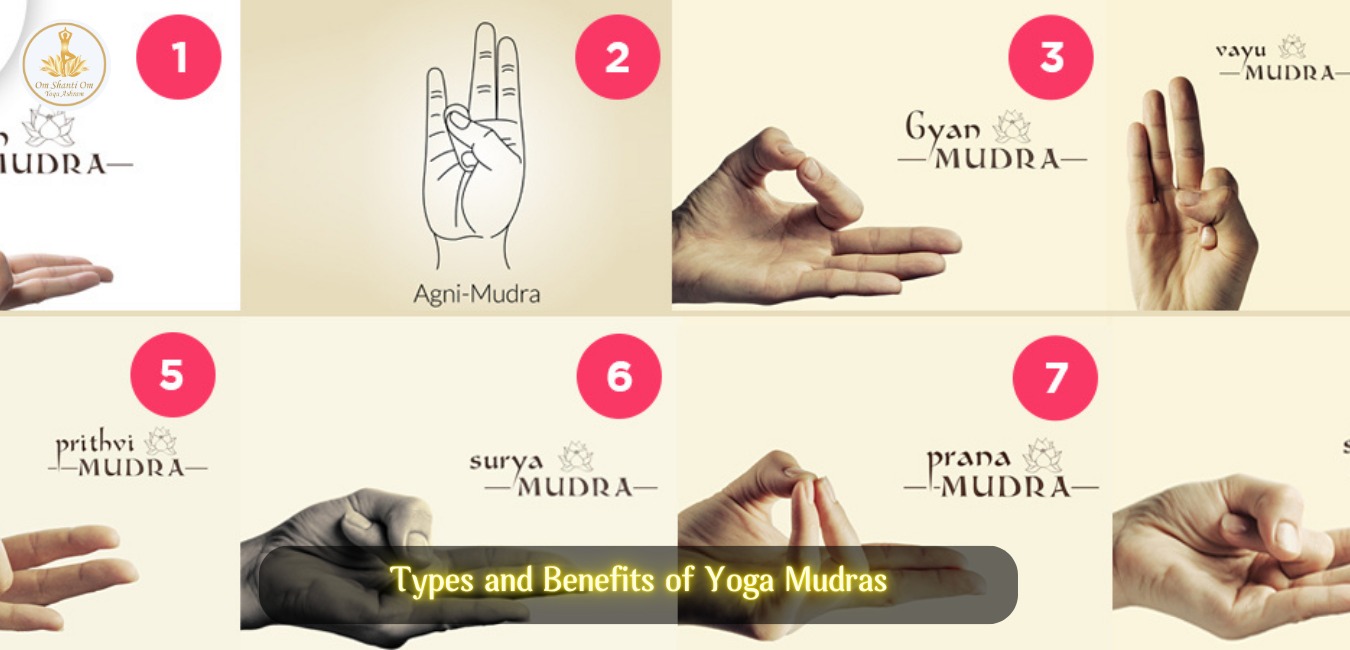

0 Comments
No comments yet. Be the first to comment!